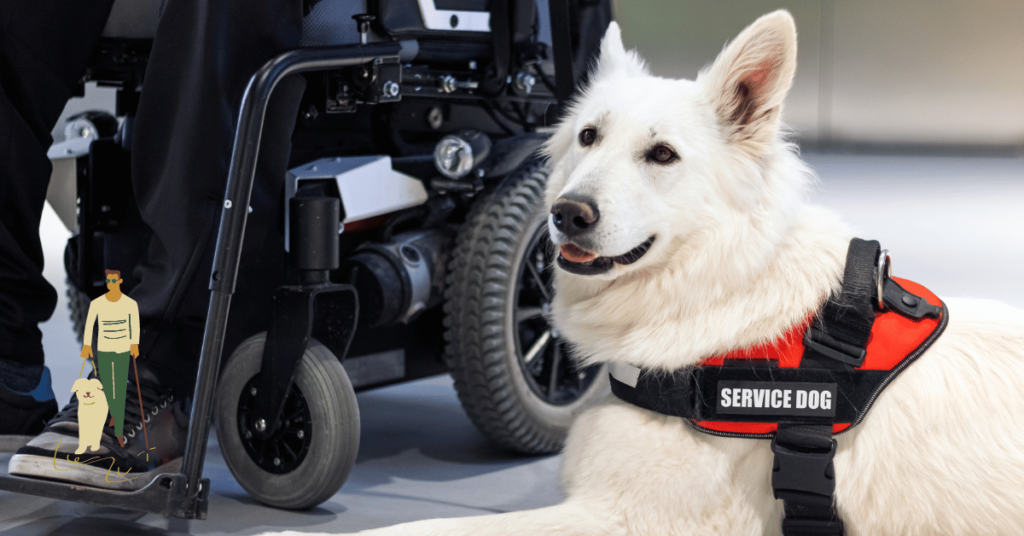Small dogs are adored by many pet owners for their cute size, big personalities, and adaptability to various living environments. Breeds like Chihuahuas, Pugs, and Boston Terriers bring joy with their energy and affection. However, despite their size, small dogs are prone to specific health issues that can result in hefty veterinary bills. This makes the question of whether pet insurance is worth it for small dogs an important one. Let’s explore the various aspects of small dog ownership and how pet insurance can help manage their health needs.
What Is Considered a Small Dog?
A dog is generally considered small if it weighs up to 25 pounds. Within this range, there are more specific categories:
- Small dogs: These typically weigh between 20 to 25 pounds and stand around 10 inches or less in height (measuring from shoulder to ground). Popular breeds in this group include the Beagle, Lhasa Apso, and French Bulldog.
- Toy dogs: These are even smaller, weighing between 10 and 22 pounds. Examples include the Dachshund, Boston Terrier, and Shih Tzu.
- Teacup dogs: The smallest of the small, teacup dogs weigh between 2 and 9 pounds. Common teacup breeds include the Chihuahua, Pomeranian, and Yorkshire Terrier.
These pint-sized companions are often considered easier to care for, but they come with their own set of challenges and health risks.
Are Smaller Dogs Easier to Care For?

Smaller dogs may seem easier to handle because they require less exercise and space. However, their care can actually be more delicate than that of larger breeds. Due to their small size, they are more vulnerable to:
- Injuries: Small dogs are easier prey targets for larger animals and can be injured in accidents.
- Temperature sensitivities: They struggle more with regulating their body temperature, becoming easily cold or overheated.
- Health risks: Small dogs can have more severe reactions to certain foods (like garlic) and medications because their bodies are so much smaller.
Additionally, small dogs often require regular grooming, especially breeds that shed heavily. So, while small dogs may seem easier to manage in some ways, they often require just as much—if not more—care and attention.
Do Small Dogs Live Longer Than Big Dogs?
Yes, small dogs generally have a longer lifespan compared to larger breeds. This is because small dogs have higher metabolic rates, which is associated with longer life expectancy.
- Small breeds: 12 to 14 years
- Large breeds: 8 to 10 years
- Giant breeds: 5 to 8 years
Despite their longer lives, small dogs are not necessarily healthier. They are still prone to certain health issues that can lead to costly medical treatments, making pet insurance an important consideration.
Common Health Problems in Small Dogs

Small dogs, especially toy and teacup breeds, are susceptible to various health issues. Some of the most common include:
1. Temperature Regulation
Small dogs have a harder time regulating their internal body temperature. They may overheat in the summer or get too cold even in mild weather. Pet owners need to be vigilant about protecting them from extreme temperatures.
2. Tracheal Collapse
Brachycephalic (flat-faced) breeds like French Bulldogs, Pugs, and Shih Tzus are prone to tracheal collapse, a condition that affects their ability to breathe. Surgery is sometimes required, but even with treatment, breathing difficulties can persist.
3. Brachycephalic Airway Syndrome
This hereditary condition is common in breeds with short skulls and can lead to respiratory problems. Signs include excessive panting, snoring, and trouble eating. Severe cases might need surgical intervention.
4. Patellar Luxation
Small dogs like Chihuahuas, Yorkshire Terriers, and Pomeranians are more likely to suffer from patellar luxation, where the kneecap dislocates from its normal position. Depending on the severity, treatment may range from lifestyle changes to surgery.
5. Intervertebral Disc Disease (IVDD)
IVDD occurs when a disc in the spine herniates or ruptures, causing pain or even paralysis. Dachshunds and Shih Tzus are especially prone to this condition, and in severe cases, surgery is required.
6. Obesity
Though small, some breeds are prone to gaining weight, which can exacerbate other health conditions like heart disease and pancreatitis. Regular monitoring of your dog’s weight is crucial.
7. Behavioral Problems
Many small dogs, such as Chihuahuas and Dachshunds, may display higher levels of aggression, anxiety, and hyperactivity. This could be linked to their size, making them more defensive. Behavioral consultations, which may be covered by pet insurance, are sometimes necessary.
Why Are Small Dogs More Aggressive or Anxious?
Tiny breeds tend to be more defensive due to their size, making them feel more vulnerable in stressful situations. This defensive behavior often manifests as aggression or anxiety. Additionally, small dog owners may be overprotective, leading to insufficient socialization during their puppy years. Proper training and socialization can help reduce these behavioral issues.
Is Pet Insurance Cheaper for Small Dogs?
Yes, pet insurance is typically cheaper for small dogs compared to larger breeds. This is because larger dogs tend to have shorter lifespans and are more prone to injuries and serious health conditions. However, the exact cost of pet insurance for a small dog depends on several factors, including:
- Your dog’s age
- Breed-specific health risks
- Your location (postcode)
- Your dog’s medical history
Even though small dogs may cost less to insure, it’s still essential to choose a plan that covers both routine care and unexpected health problems.
Where to Find the Best Pet Insurance for Small-Sized Dogs
Choosing the best pet insurance for your small dog requires considering their specific health risks. Look for plans that provide coverage for the common health issues associated with your dog’s breed. Comparing different insurance providers based on coverage, premiums, and customer reviews can help you make an informed decision.
Conclusion
Pet insurance can be a wise investment for small dog owners. While smaller dogs generally live longer, they are prone to a range of health issues, from respiratory problems to joint conditions, that can lead to expensive veterinary bills. With the right pet insurance, you can protect yourself from unexpected costs and ensure your dog receives the best care throughout its life. Whether you own a tiny Chihuahua or an energetic Dachshund, pet insurance can offer peace of mind and financial security.
So that was all about this article. If you have any further questions feel free to comment down below. We are always here to help you!




